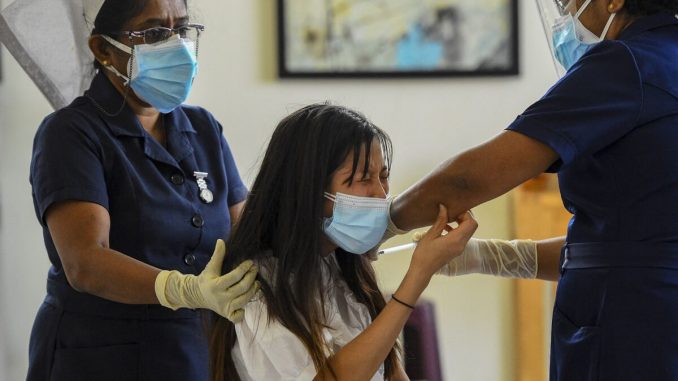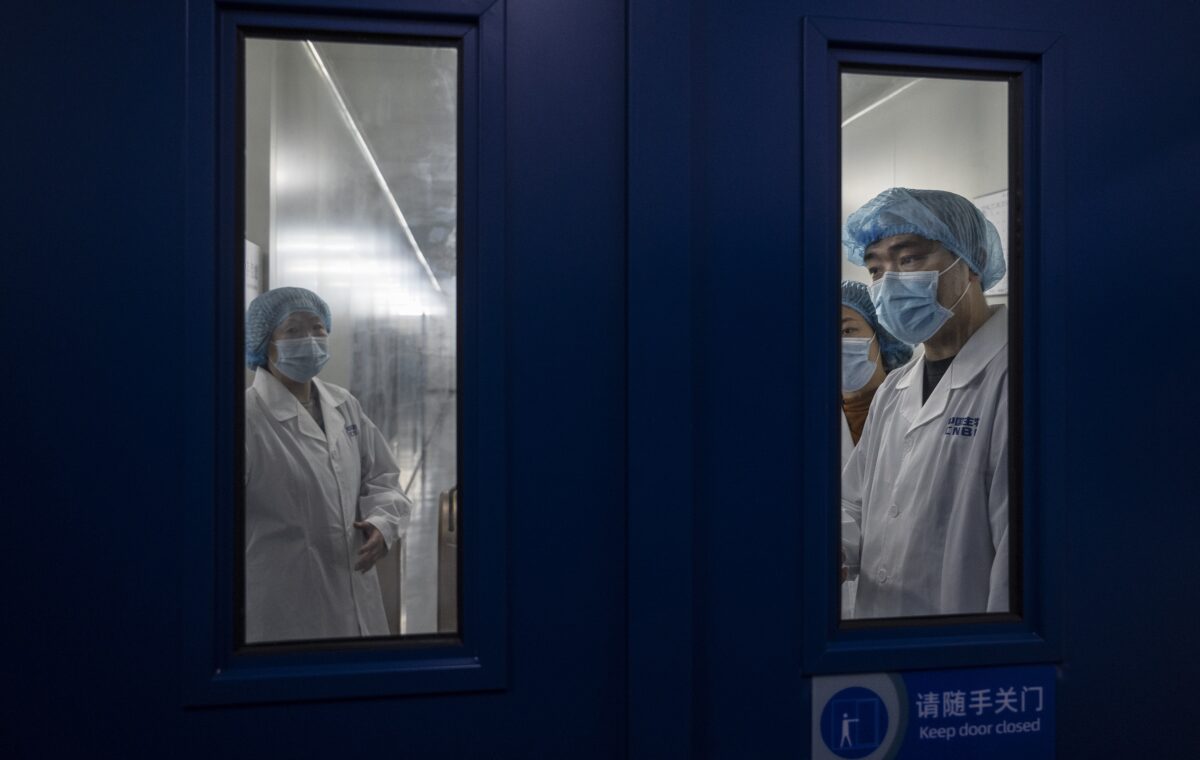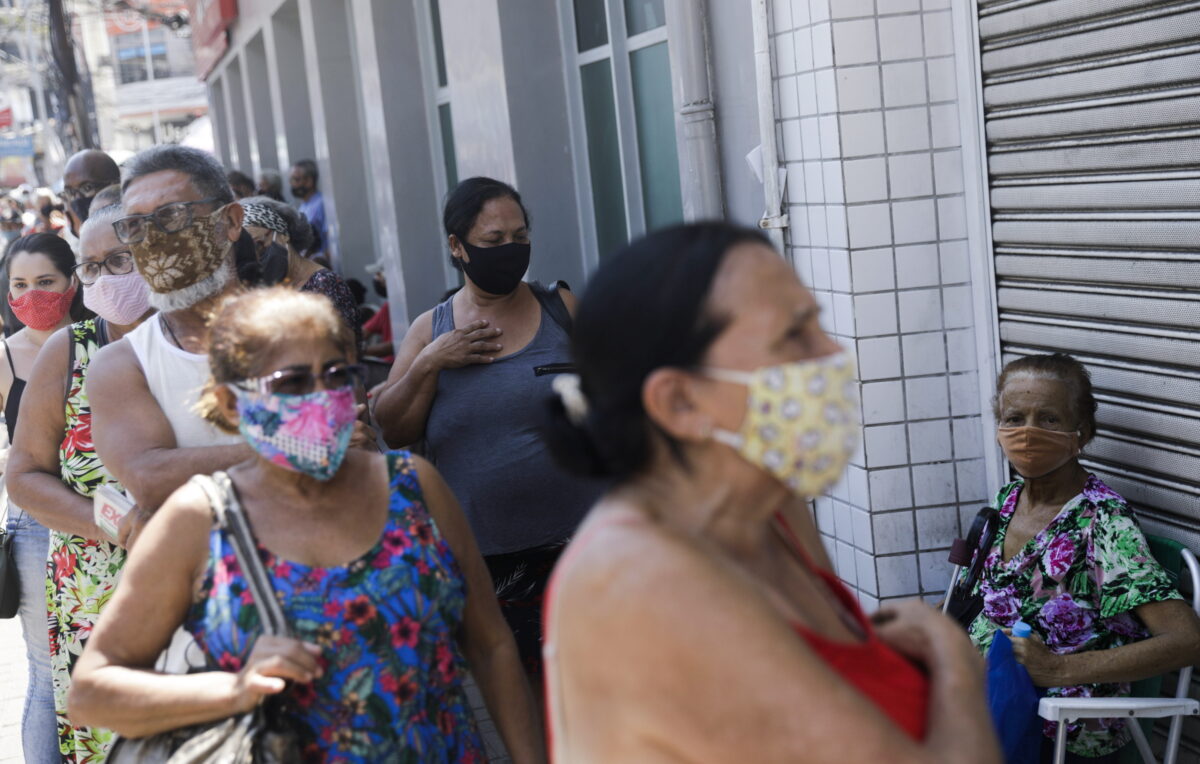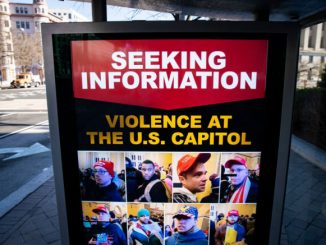
A South Korean woman died 3 days after receiving a Chinese Sinopharm COVID-19 vaccine; meanwhile, the Chinese communist regime is censoring messages about the side effects of Chinese vaccines on social media.
On April 22, according to the foreign citizens’ community and the South Korean Consulate General in Shanghai, a South Korean woman in her 40s was found dead at home.
South Korean media KBS reported that the Korean expat in Shanghai was vaccinated at Shanghai Tongren Hospital on April 19 with COVID-19 vaccines made by the Chinese state-owned company Sinopharm. She later developed nausea and other symptoms. She had no underlying diseases.
The South Korean Consulate in Shanghai stated that the Shanghai police said that there was no sign of homicide, and the family of the female expatriate believed that the cause of death might be related to the Chinese-made vaccine, according to the report.
The news unsettled South Korean nationals in Shanghai, and many canceled their vaccination appointments, said the report.

Chinese authorities recently claimed that they have administered 200 million doses of Chinese-made vaccines domestically. However, they have never announced the number of cases of possible death related to the vaccines nor their side effects.
Recent leaked internal Chinese government documents listed various adverse reactions to the Chinese vaccines, including severe disability and death.
Meanwhile, the Chinese regime is silencing the discussion of Chinese vaccine-related deaths on social media.
On April 20, a female netizen in Nanjing city was arrested and sentenced to administrative detention for seven days by the police for making comments online about Chinese vaccines leading to death. The Jiangsu Internet Police posted the announcement of her arrest on its official account on Chinese social media platform Weibo, accusing her of “causing public panic.”
On April 15, a Netizen “Shanxia Huayezi” posted on Weibo that her 28-year-old brother, who was a Chinese border police officer, suffered a subcutaneous hemorrhage and gum hemorrhage after receiving a Sinopharm inactivated vaccine in Shenzhen and passed away that day. Later that night, she left a message on Weibo saying that she received warning phone calls from her brother’s unit in the border armed police and the Shenzhen Futian Health Bureau, and her posts were soon deleted.
Fourteen deaths and 13 cases of facial paralysis after receiving Chinese-made vaccines had been reported in Hong Kong as of mid-April.
Chinese-made COVID-19 vaccines have been causing wide concerns due to their quality issues and lack of transparency in trial data and side effects.

A phase three clinical trial of the Sinovac vaccine conducted in Brazil in January reported that it was 50.4 percent effective, which is far below the initial claims of the Chinese company, which claimed a 78 percent efficacy rate.
In March, the COVID-19 vaccine made by Sinopharm reported 11.5 percent and 33.3 percent efficacy rates against two virus strains in its phase three clinical trials in Peru.
Chinese Center for Disease Control and Prevention Director Gao Fu admitted at China’s National Vaccine and Health Conference on April 10 that China’s vaccines have “low effectiveness,” and he was considering mixing vaccines of different technologies.
In March, he suggested on Chinese TV that an additional third dose of the vaccine may be needed to boost its effectiveness after a fully vaccinated Chinese doctor tested positive for COVID-19.






Be the first to comment